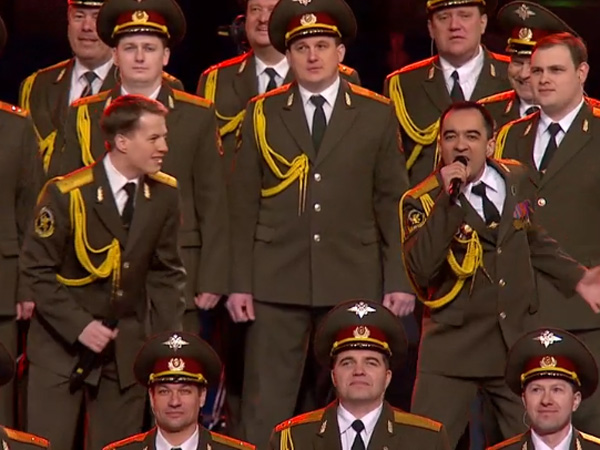What is good about PCC based police governance:
- Policing has always been political, and introducing PCCs has made that more explicit
- Many of those elected are 'big beasts' or rapidly becoming so - able to challenge daft Whitehall policy
- The range of indie PCCs has added plurality, spice & diversity to the tribal party political debate on policing policy
- PCCs have had to grapple with real budgetary challenges & made precept decisions on that basis
- Many PCCs have pursued innovative paths and highlighted issues that had hitherto been largely overlooked such as the interaction between policing and mental health service users
- Many PCCs really understand ‘evidence based practice’
- Some PCCs have made real efforts to reach out to their publics in systematic and indeed very ‘human’ ways (watch out for CoPaCC’s forthcoming thematic* review on PCC engagement)
- The majority of PCCs have conducted their office with due probity in recognition that they are spending the public’s money
- Some Police & Crime Panels (PCPs) have grappled positively with their hard (limited) and soft (more extensive if act shrewdly) powers to hold PCCs to account
- It has provoked a further debate about what should be good governance of the police & justice services (PCCs are not ‘it’, in my view)
- Introducing PCCs has introduced tribal party politics into policing which has turned off many citizens
- Despite introducing these political specialists, the government has not listened to them enough
- With some notable exceptions, PCCs are largely grey, male and white (in contrast to their more diverse predecessor police authorities)
- Too many PCCs are defaulting to budget first and strategy second with little linkage between the two
- Too many PCCs have not put their heads above the parapet and stayed largely invisible
- Too many PCCs just have no clue about what evidence based practice really means and how it could challenge police culture
- Too many PCCs still think that running a few public meetings in cold & dark town halls equates to real engagement
- A politically significant number of PCCs have sailed very close to the wind (I will be generous) on personal expenses, appointing old chums and generally gilding their office
- Too many PCPs have either been bland fan clubs or sniping cabals, detracting from constructive scrutiny & debate
- The founders, supporters & protagonists of this system of governance can only think of giving even more power to single individuals while limiting the checks and balances on this power
And I will add: what about the ugly?
Or to be fair, some of them are really quite handsome!








.jpg)



No comments:
Post a Comment